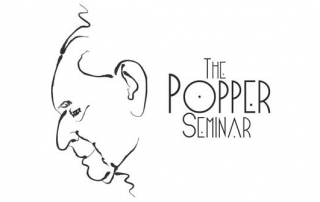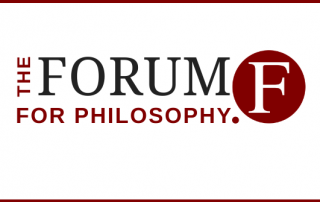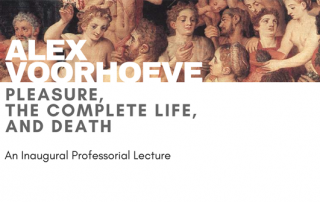Matt Farr (Cambridge): “The C Theory of Time”
Matt Farr (Cambridge): “The C Theory of Time”
Does time have a direction? Intuitively, it does. After all, our experiences, our thoughts, even our scientific explanations of phenomena are time-directed: things evolve from earlier to later, and it would seem unnecessary and indeed odd to try to expunge such talk from our philosophical lexicon. Nevertheless, in this talk […]









Connect with us
Facebook
Twitter
Youtube
Flickr